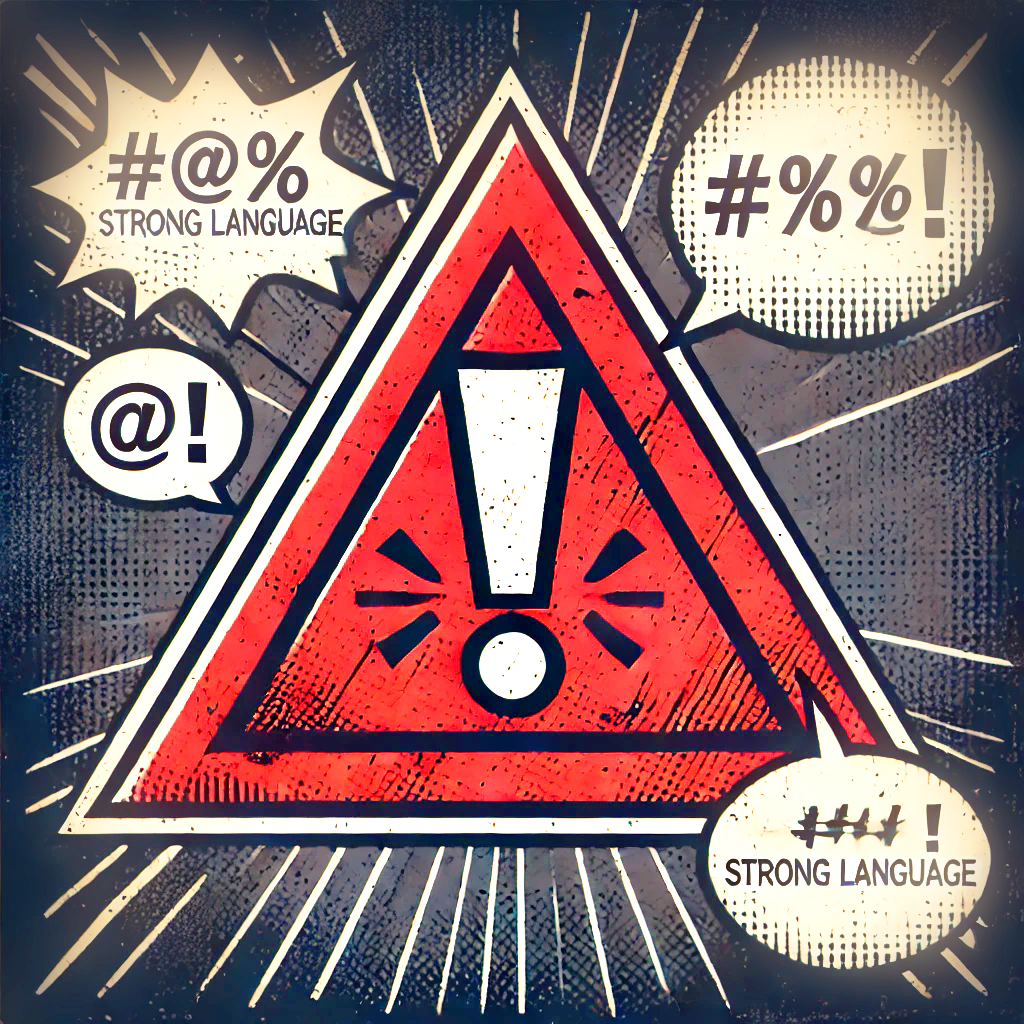Belief systems, particularly those involving the supernatural, have been central to human existence for thousands of years. But what keeps us clinging to these beliefs, even when logic and reason suggest otherwise? Is it just a matter of faith, or is there something deeper, something psychological that holds us in place? Let’s dive into the curious and sometimes puzzling world of belief, where the mind plays tricks, communities enforce norms, and emotions run the show.

Cognitive Dissonance: Mental Gymnastics at Its Finest
Cognitive dissonance is like the brain’s version of juggling flaming torches. Imagine believing in a loving, all-powerful deity, yet facing a world full of suffering. The mental discomfort is real. To cope, people often twist and turn their beliefs, justifying contradictions to keep their faith intact. It’s like convincing yourself that the fire won’t burn if you just juggle faster. This mental balancing act is why many stay committed to their beliefs, despite evidence or experiences that might otherwise shake their faith.
Confirmation Bias: The Selective Memory Game
Confirmation bias is the brain’s little cheat code for reinforcing what we already believe. It’s the mental equivalent of only hearing what you want to hear. When it comes to faith, people tend to remember the prayers that were “answered” and conveniently forget the ones that weren’t. This selective memory game strengthens belief systems by filtering reality to fit the narrative. It’s no wonder faith can be so unshakeable; the brain’s got its back.
Community and Social Identity: The Herd Mentality
Let’s face it—being part of a community feels good. It’s like being in a warm, cozy blanket of shared beliefs and values. But it’s not just comfort; it’s social survival. Abandoning your faith could mean losing your tribe, and who wants to be the lone wolf? Communities reinforce belief systems by providing that sense of belonging, making it much harder to walk away—even when doubt creeps in. It’s the herd mentality in action, and it’s powerful.
Psychological Needs and Religion: Filling the Void
Religion isn’t just about gods and rituals; it’s about filling the void within. According to Steven Reiss, religion ticks off boxes for 16 fundamental human desires—things like acceptance, family, and tranquility. But it’s not just about the warm and fuzzy stuff. Religion also offers a framework for understanding the chaos of life, a community to lean on, and a purpose to chase. It’s like an all-in-one package deal for the human psyche, making it incredibly appealing across cultures and generations.
Upbringing and Cultural Context: The Stories We’re Told
Cultural context and upbringing play a massive role in what we believe—or at least, what we start out believing. Imagine being told stories about Santa Claus, the Tooth Fairy, or more intense figures like gods and demons from a young age. These narratives get baked into our cognitive framework before we even know what’s happening. In some cultures, parents reinforce these beliefs with authoritative warmth, while in others, the approach is more hands-off. Either way, the stories we’re told as kids often stick with us, shaping our worldview for years to come.
Rituals and Practices: The Glue That Binds
Rituals are more than just symbolic acts; they’re the glue that binds belief systems together. Whether it’s attending a weekly service or leaving cookies out for Santa, these practices reinforce beliefs in a way that mere words can’t. Credibility-enhancing displays, or CREDs, are key here. When parents “walk the walk,” it’s a powerful message to their kids: this stuff matters. It’s no wonder these beliefs stick—they’re constantly reinforced by what we do, not just what we say.
Coping Mechanisms and Resilience: Faith in Tough Times
When life gets tough, many turn to faith as a coping mechanism. It’s not just about comfort; it’s about resilience. Beliefs provide a sense of control, a way to make sense of the nonsensical. They help people navigate the storms of life, whether it’s through prayer, community support, or simply holding onto the idea that everything happens for a reason. In this way, faith can be a lifeline, helping people endure the unendurable.
The Potential for Change: When the Mind Opens
But what happens when the mind begins to question? Beliefs, no matter how deeply rooted, can change. Sometimes it’s a gradual process—other times, it’s a sudden revelation. Doubt creeps in, personal experiences challenge old views, and before you know it, the mental landscape has shifted. For some, this means a complete overhaul of their belief system; for others, it’s more of an adaptation. Either way, it’s a reminder that beliefs aren’t set in stone—they’re as fluid as the human mind.
The Mind’s Labyrinth
Belief is a labyrinth, winding through the twists and turns of cognitive dissonance, confirmation bias, social identity, and emotional need. It’s a complex interplay of factors that keep us holding onto faith, even when doubt looms large. Understanding this psychological dance offers us a glimpse into why we believe what we do—and perhaps, how we might begin to navigate the maze of our own minds.
Question Everything, Embrace the Journey
As you reflect on your own beliefs, consider the psychological forces at play. Don’t be afraid to question everything and explore the unknown. After all, understanding why we believe what we do is the first step toward truly knowing ourselves. So, take a deep dive into your mind’s labyrinth—you might be surprised by what you find.
Retired Anglican Minister & Resident Mythbuster. John shares unconventional views on theology, challenging traditional Christian beliefs and advocating for a return to the teachings of Jesus and the ideals of the early Church of Jerusalem. His thought-provoking perspectives often spark discussions and controversies.

Image Credits: Frontiers in Psychology



Leave a Reply